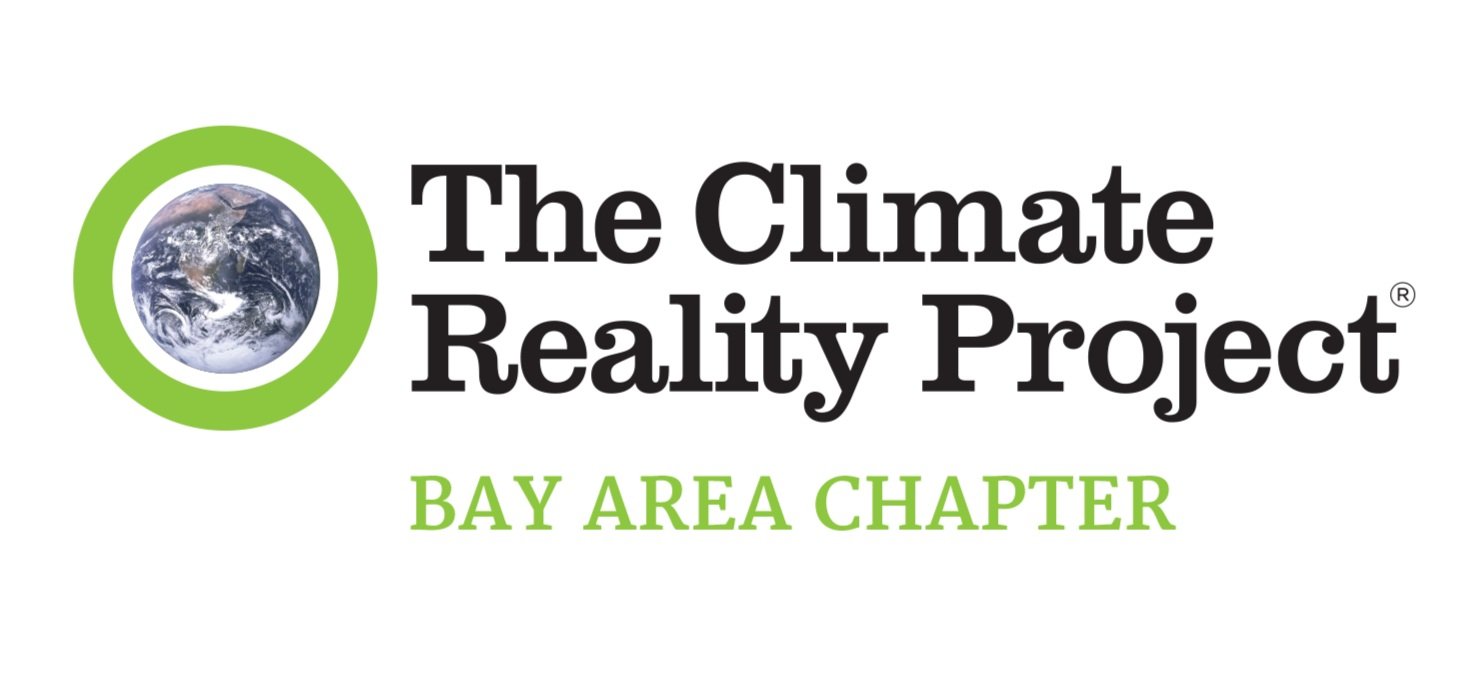THE INTERSECTION OF AGRICULTURE, CLIMATE, AND JUSTICE
A Note of Gratitude to Former U.S. Vice President Al Gore & Ken Berlin, Climate Reality Project CEO
By Teron McGrew, Co-Chair, Climate Reality Bay Area Chapter
With the U.S Census Bureau’s projected world population at 7,868,872,451*, I remain steadfastly thinking about the impact this will have on climate change and climate justice on our planet.
I am propelled to move towards my dream for reversing climate change and climate justice by addressing the structural and systemic racial inequities in America. My thinking is often fortified by listening at a deeper level to active systemic change agents.
I was humbled to receive a special invitation to attend former Vice President Al Gore's third annual conference on regenerative agriculture: “The Climate Underground: Bridging the Gap.” I was thrilled to listen to the array of speakers discuss the intersection of agriculture, climate, and justice. Speakers included Ray Archuleta from the Soil Health Academy, Reginaldo Haslett-Marroquin from the Regenerative Agriculture Alliance, Secretary of Agriculture Tom Vilsack, John Boyd, Jr. from the National Black Farmers Association Jr., Angela Dawson - 40 Acre Cooperative President, activist-scholar Dr. Shakara Tyler, Dreaming Out Loud founder Christopher Bradshaw and Chef Alice Waters of Chez Panisse Restaurant.
Below are some of the powerful points that will restore the integrity and dignity of the BIPOC (Black, Indigenous, & People of Color) farmers who firmly believe they are the solution - not the problem.
1. BIPOC farmers are ready to adopt the regenerative agriculture strategies that align our economic systems with our ecological systems.
2. Acknowledgment of the historical and systemic barriers of racial discrimination in agriculture, the exclusion in federal relief and laws that contributed to the demise in the number of Black farmers in America (there were nearly one million in 1920, and fewer than 50,000 in 2021)**.
3. Caney Fork Farm – an example of partnering with Historical Black Colleges & Universities (HBCU) to research, explore and learn new technical skills for better farming strategies.
4. At the University of California, the collaboration and partnership with Chef Alice Waters to include regenerative agriculture instruction in K-12 education. Regenerative agriculture is taught as a relational tool for students to learn how to feed themselves well and how to take care of the land-reducing carbon food footprint. This supportive educational instruction encourages better knowledge of food resources and promotes food justice.
5. Encouraging the study of reparations for more land ownership by BIPOC.
6. Most importantly, bringing back the ancestral regenerative practice of farming before the chemicals and unnatural practices that are destroying our soil. Using the techniques and example of George Washington Carver who promoted alternative crops like peanuts (300 ways to use the peanut) to prevent soil depletion.
The invaluable wealth of knowledge I obtained at this conference has made me a stronger, better advocate, innovator and scholar. I am better equipped to let go of the fear to end the old systems of racism so I can meet the new beginning of diversity, equity, inclusion, and justice (DEIJ) with a clear mind. Change is everything that will keep me alive. And for this, I am grateful!
______________________________________
*U.S Census Bureau: Note Population estimates of 1.2.2022. Source: Vintage 2021 Population Estimates & International Database-census.gov.
**Eater February 23, 2021.
